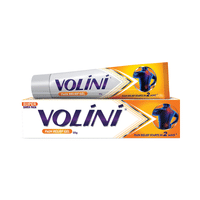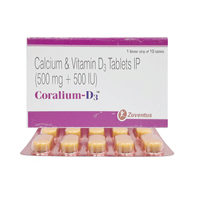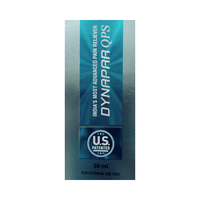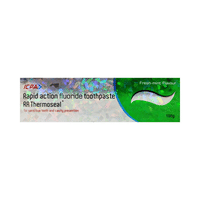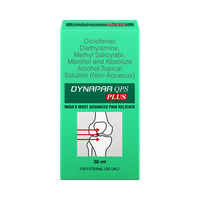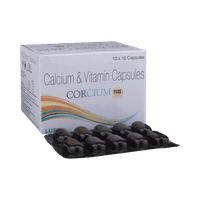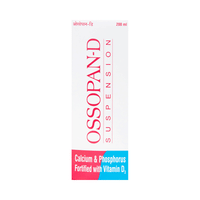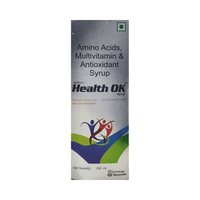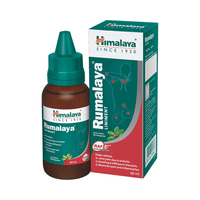Rs.17.58for 1 strip(s) (30 tablets each)
food interaction for Aspisol
alcohol interaction for Aspisol
pregnancy interaction for Aspisol
lactation interaction for Aspisol
food
alcohol
pregnancy
lactation
Aspisol 150 Tablet should be taken with or after food.
None
None
CAUTION
It is unsafe to consume alcohol with Aspisol 150 Tablet
UNSAFE
Aspisol 150 Tablet is not recommended during pregnancy as there is positive evidence of fetal risk based on animal studies. However, it may still be prescribed by a doctor in situations where the benefits outweigh the risks.
CONSULT YOUR DOCTOR
Aspisol 150 Tablet may be unsafe to use during breastfeeding. Limited human data suggests that the drug may pass into the breastmilk and harm the baby. It should be used only if the expected benefit outweighs the potential risk. Please consult your doctor.
CONSULT YOUR DOCTOR
SALT INFORMATION FOR Aspisol
Aspirin(150mg)
Uses
Aspirin is used for fever, Angina (heart-related chest pain), headache, heart attack, dental pain, stroke, post operative pain, arthralgia, muscle pain, rheumatoid arthritis, osteoarthritis and rheumatic fever. It decreases the chances of having another heart attack or stroke from a disease related to your heart or blood vessels.
How it works
Aspirin is a non-steroidal anti-inflammatory drug (NSAID) with anti-platelet action. It works by preventing platelets from sticking together which decreases the formation of harmful blood clots. This lowers the chance of heart attack or stroke.
Common side effects
Increased bleeding tendency, Nausea, Vomiting, Angioedema (swelling of deeper layers of skin), Gastrointestinal bleeding, Low blood platelets, Dyspepsia, Inflammation of the nose, Shortness of breath, Red spots or bumps, Agranulocytosis (deficiency of granulocytes in the blood), Aplastic anemia, Allergic edema, Anaphylactic reaction, Intracranial bleeding, Hemorrhagic vasculitis, Bronchospasm, Asthma attack, Menorrhagia (heavy menstrual bleeding), Stevens-Johnson syndrome, Lyell’s syndrome, Purpura, Erythema nodosum, Erythema multiforme
Glycine(75mg)
Uses
Glycine is used as Irrigant during prostate and bladder surgery.
How it works
Glycine is a sterile, nonpyrogenic aqueous solution. It is a neutral and clear solution that helps to provide a high degree of visibility during urological (bladder, prostate, and urethra) surgeries and makes it easier for the surgeon to operate. Its action as a lavage (cleansing solution) helps to remove blood and tissue fragments from the surgical field. Post surgery it also prevents any blockage of the catheter.
Common side effects
Nausea, Drowsiness, Upset stomach, Vomiting
SUBSTITUTES FOR Aspisol
No substitutes foundExpert advice FOR Aspisol
- Aspirin helps prevent future heart attack and clot-related (ischemic) stroke.
- It is generally well-tolerated with minimum side effects.
- Take it with food to avoid an upset stomach.
- It may make you bleed more easily. Be careful while shaving, using sharp objects, or cutting fingernails or toenails.
- Inform your doctor if you notice blood in your vomit or have black/tarry stools.
- Stop taking Aspirin and tell your doctor if you have ringing in your ears, unusual bleeding, or nausea or vomiting that does not go away.
- It should be taken with food or milk to avoid getting an upset stomach.
- Aspirin should not be used if you ever had an ulcer in your stomach or small intestine.
- Aspirin may increase the risk of stomach bleeding. Inform your doctor if you notice black stools or cough up blood (however small the amount).
- Aspirin should not be used in children aged under 16 years.
- Inform your doctor if you are pregnant or planning to conceive or breastfeeding.
Frequently asked questions FOR Aspisol
Aspirin
Q. How long should I take Aspirin for?
You will need to take Aspirin for the rest of your life unless stopped by your doctor.
Q. When will I feel better after taking Aspirin?
Aspirin is known to reduce the risk of heart attack and stroke. You may not feel any difference after taking Aspirin. Keep taking it as prescribed by your doctor to keep getting the benefits.
Q. How long does Aspirin take to clear from the body?
It takes around 10 days for Aspirin to get cleared from the body after completely stopping this medicine.
Glycine
Q. Is glycine optically active/ polar/ hydrophobic/ soluble in water/ a nucleotide/ amphipathic/ inhibitory or excitatory/ ionic or covalent/ polar covalent/ contain a chiral carbon/have a side chain/have peptide bonds/have a chiral center/form hydrogen bonds?
Glycine is an amino acid which does not have a side chain. It is considered non-polar hydrophobic but can also fit into hydrophilic class. It does not have a chiral center
Q. Is Glycine vegan?
It is vega
Q. Does Glycine raise blood sugar?
Glycine ingestion results in little or no increase in plasma glucose concentration














